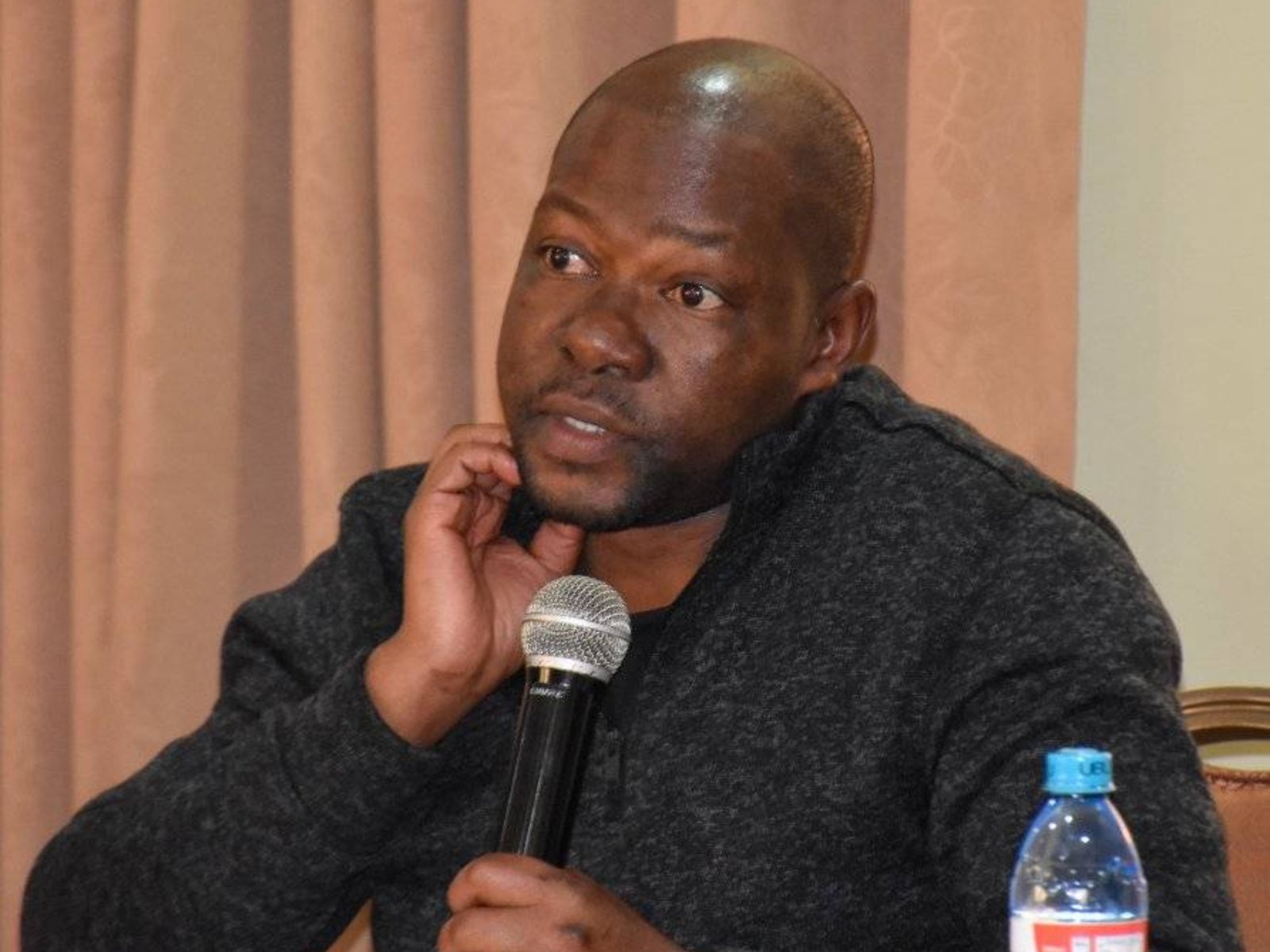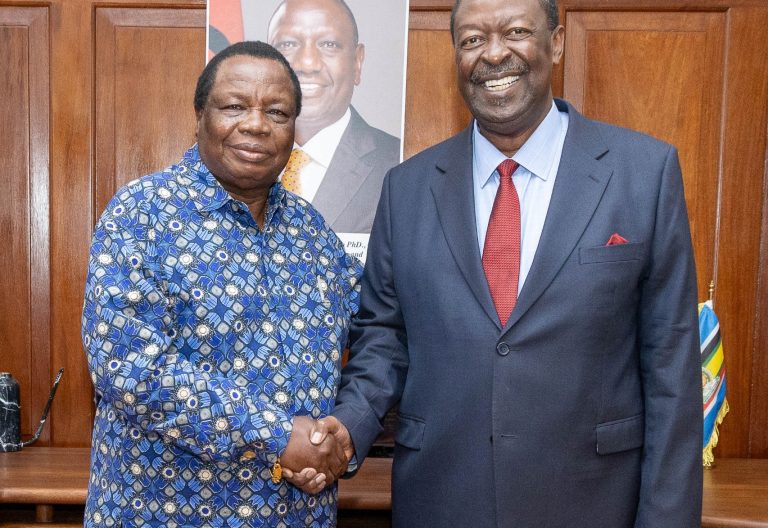‘Number of deaths in Shakakhola was more than that of 1998 bomb blast and Westgate Mall’ – Mungatana on why religion should be regulated
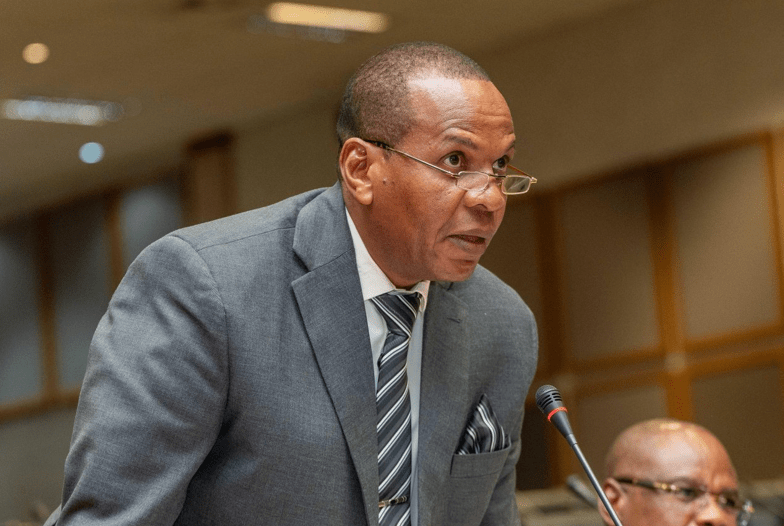
Tana River County senator Danson Mungatana has voiced strong support for the proposed Religious Organizations Bill 2024, emphasizing the need to regulate religious practices following the tragic events in Shakahola.
Mungatana highlighted that the deaths caused by the Shakahola cult surpass those from several terrorist attacks in Kenya, making it urgent for reform in the religious sector.
During a morning interview on a local TV station, Mungatana pointed out the staggering death toll linked to the Shakahola tragedy, comparing it to infamous incidents such as the 1998 bomb blast at the Cooperative Building, the Shanzu attack, and the Westgate Mall siege.
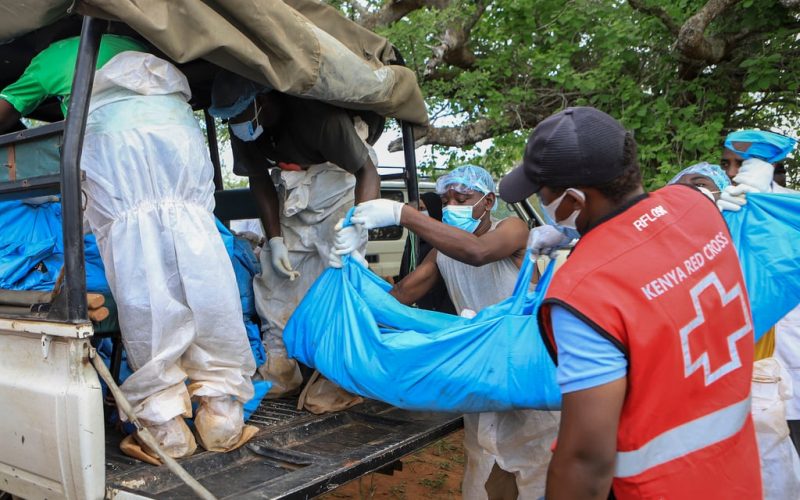
He stressed that the Shakahola massacre consumed significant financial resources, particularly in the ongoing efforts to exhume bodies and conduct DNA tests.
“Many forget that the number of people who died in Shakahola exceeds the casualties in several terrorist attacks. The exact number of deaths is still unknown, with bodies continuing to emerge. This tragedy has claimed more lives than any other event in Kenya’s history, apart from the Mau Mau killings,” Mungatana said.
The senator revealed that a senate committee tasked with probing the Shakahola tragedy uncovered evidence of cult-like practices in other parts of the country.
He shared disturbing details of visits to sites where people were found chained and locked up in the name of prayer, often suffering from severe mental health issues.
“When we investigated, we found individuals subjected to being locked up and chained for prayer rituals, similar to what was happening in Shakahola. This is why regulation is critical,” Mungatana added.
He emphasized that the proposed bill would regulate all religious organizations, not just Christians. Mungatana noted that during the senate probe, many Kenyans questioned the government’s absence in preventing the Shakahola massacre, which ultimately prompted the push for tighter regulations.
The Religious Organizations Bill 2024 seeks to curb religious exploitation by imposing severe penalties for fraudulent practices.
Religious leaders found guilty of performing false miracles or deceiving followers for financial gain could face fines of up to Ksh5 million, a 10-year prison sentence, or both. Coercive practices, such as forcing individuals to join a religion through threats or intimidation, will carry fines of up to Ksh1 million or a three-year prison term.
Religious Bill
Additionally, the bill prohibits religious institutions from engaging in political activities, with violations attracting fines of up to Ksh500,000 or six months in prison.
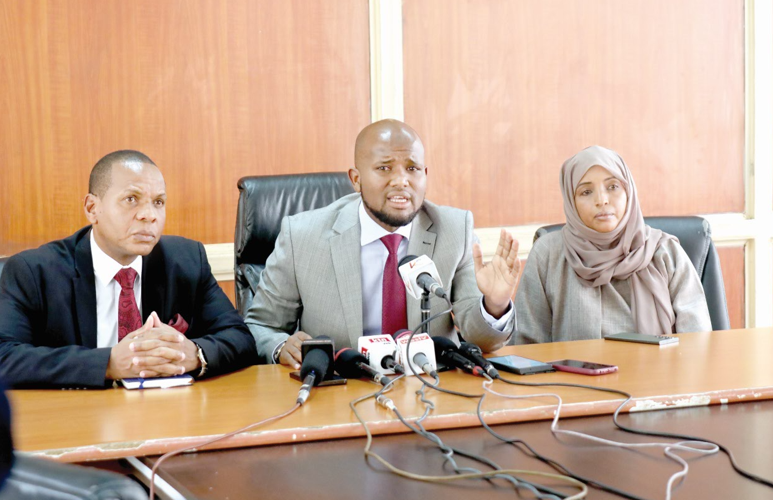
PHOTO/ Kenna Claude
It also mandates annual financial reporting and proposes the creation of a Religious Affairs Commission to oversee compliance and promote transparency. This commission will have the authority to inspect financial records, and institutions that fail to comply will face penalties.




